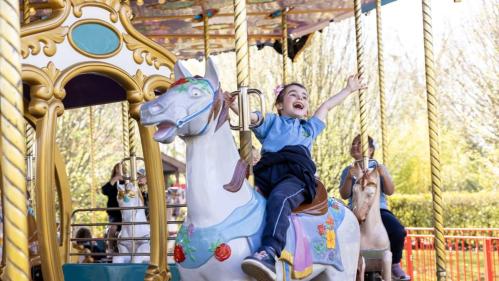Ideally, when your child gets sick, you should take him or her to the doctor, for proper diagnosis and treatment. However, sometimes it is okay to use over the counter medication to treat minor coughs, colds and fevers, or as a temporary measure, until you can seek proper medical attention.
It’s worth remembering that over the counter medicines don’t cure coughs or colds – they simply lessen the symptoms. It’s your child’s own immune system that fights off the viruses that cause coughs, colds and fevers. You also need to remember that you should only ever give your child age appropriate medications, in the correct doses, and that adult medications, including aspirin, are never safe for children!
Paracetamol pain and fever relievers are safe to use with children aged from shortly after birth to five months, although with children under three months, this should only be done with your doctor’s advice. Don’t use ibuprofen for children under five months.
Children between five months and six years can safely take both paracetamol and ibuprofen, although you should always follow the dosing instructions carefully.
Over the counter expectorants, decongestants, antihistamines and cough suppressants should not be used for children under the age of four, but most are okay for children aged four to six years. Always read labels carefully.
If in doubt about any medication, make sure that you check with your doctor or pharmacist. In most cases, however, it’s a good idea not to try alternative or home remedies on children who are babies or toddlers.






